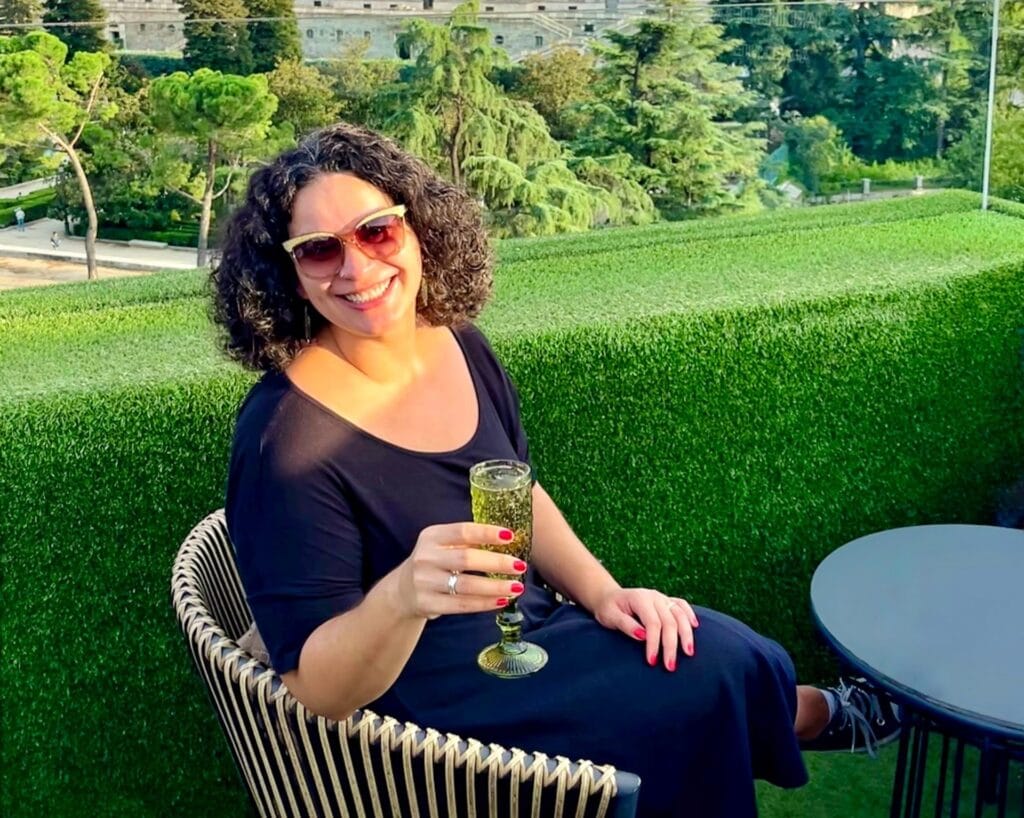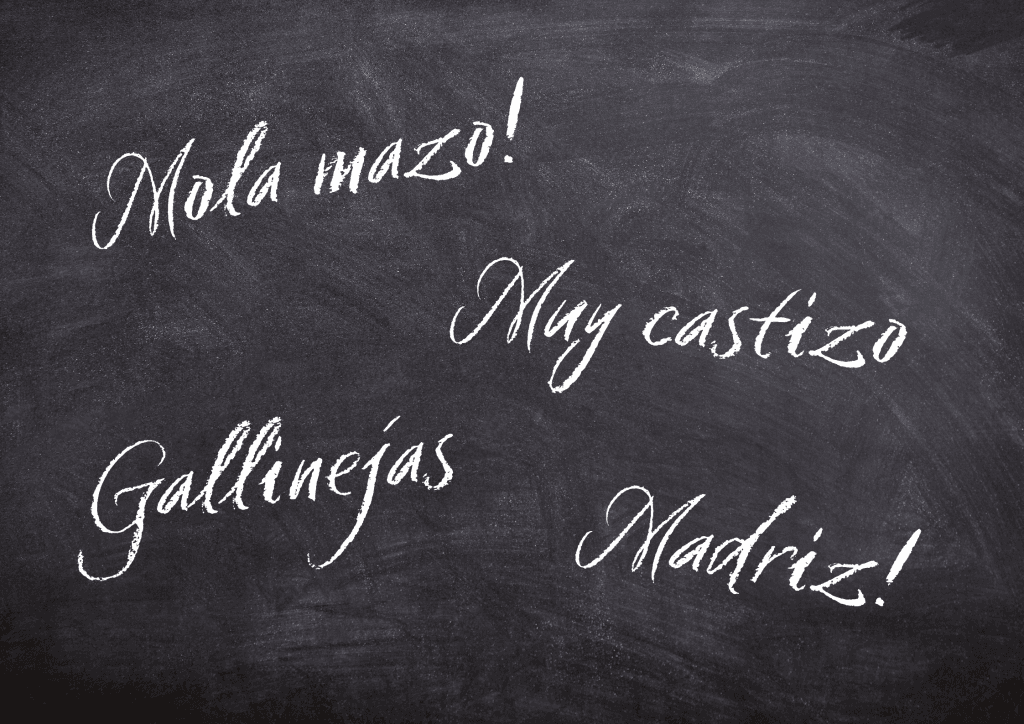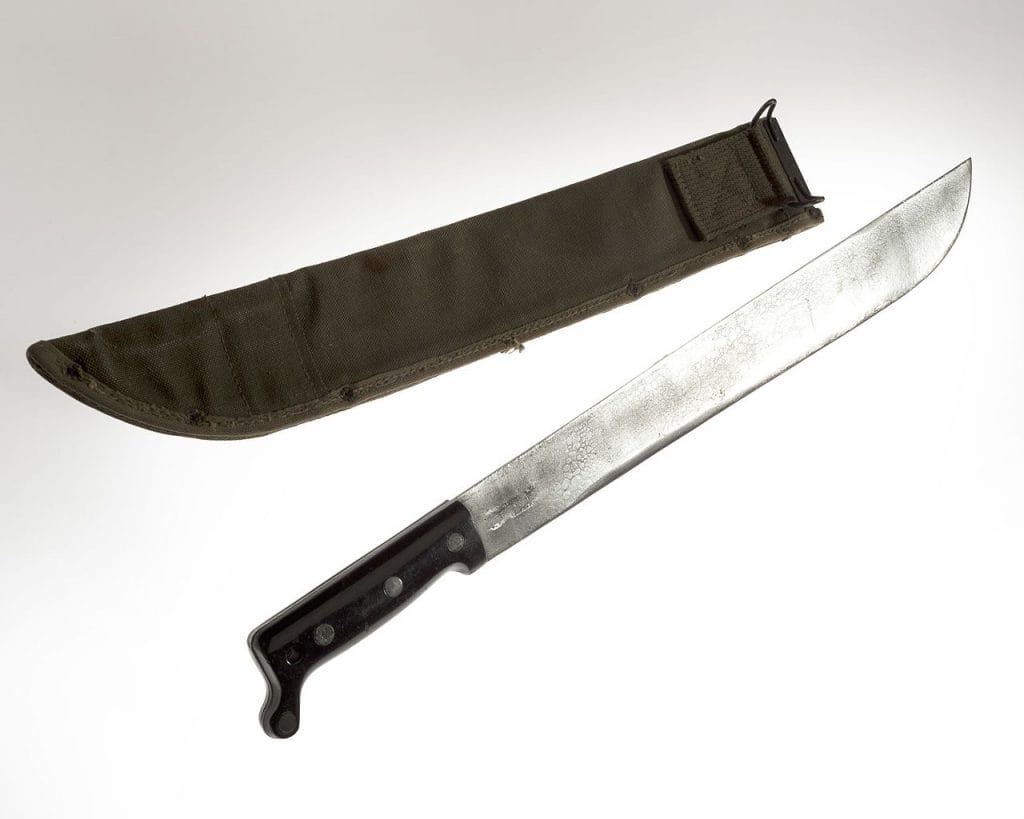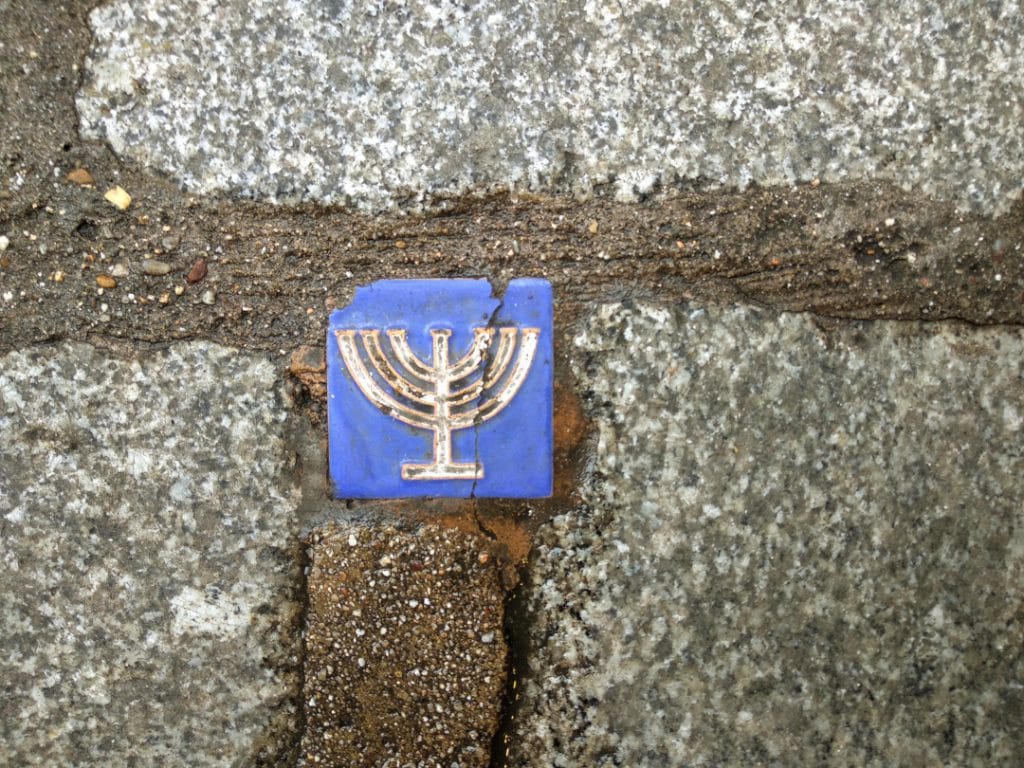The reality of moving to Madrid can be fraught with stress, so if you’re considering it, it’s great to hear some tips from people who’ve made the switch and come out smiling. Instagram foodie superstar Joy Figueroa is a great example as she’s managed to stay true to her name by maintaining a positive outlook throughout. In a recent interview on the podcast, she spilled the beans on her move to Spain’s capital 14 years ago and this post brings together some of those insights.
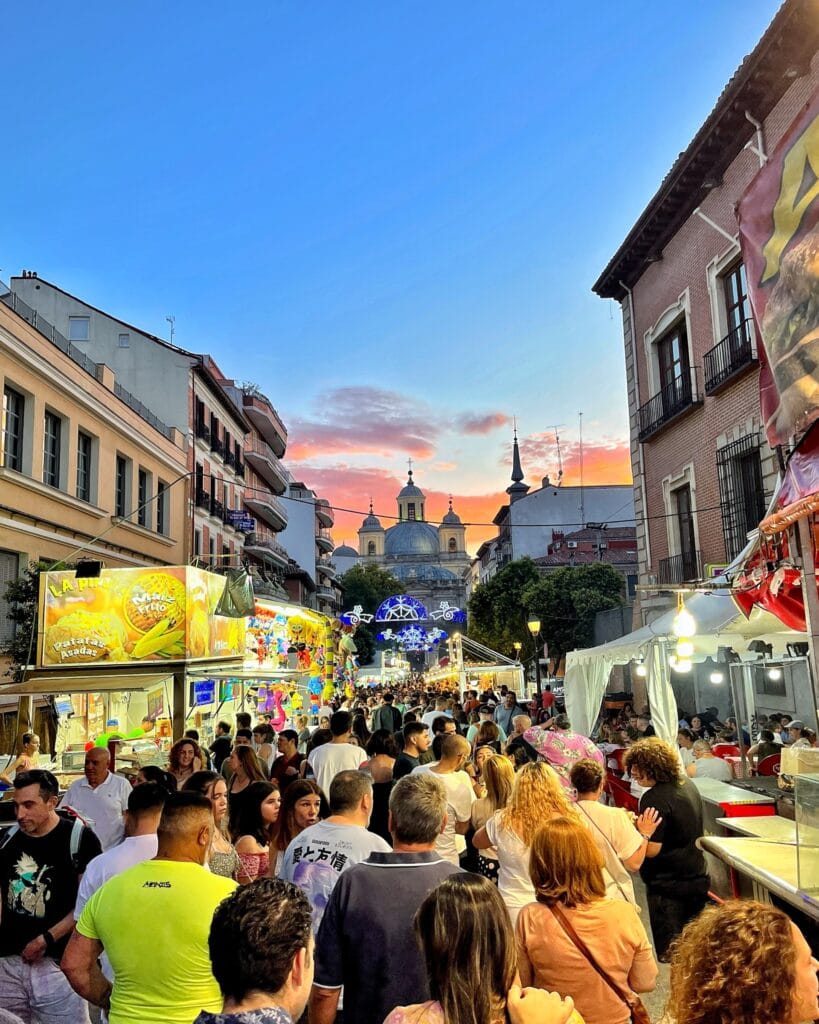
From a Temporary Visit to a Permanent Home
Joy’s Madrid story began with a five-month stay as a young graduate wanting to travel and learn Spanish. She quickly fell in love with the city, particularly its lively atmosphere and cultural richness and determined to move back again as soon as possible. “There was something about Madrid that really spoke to me,” she explains, “and I felt like I hadn’t fully experienced the city during that first visit.” So she left the US again initially only aiming to be away for a couple of years. It turned out to be a great decision as she’s now a homeowner with her Spanish husband!
Finding Your Perfect Barrio in Madrid
Joy’s neighborhood journey started in Chueca, specifically the Salesas area. “Living there was fantastic,” she says, “There’s so much good food and drink and always something happening. So there are moments where I’m like, oh, you know, if only I had multimillion euros in my bank account and could buy an apartment.”
She now resides in Carabanchel, a more affordable location just outside the city center, and loves the local community feel. “I like that Caravanchel is an arts neighborhood, but I also like that Carabanchel doesn’t want to be just a street art neighborhood. It’s not just like any other arts neighborhood. The slogan is this is Carabanchel, not Soho.”
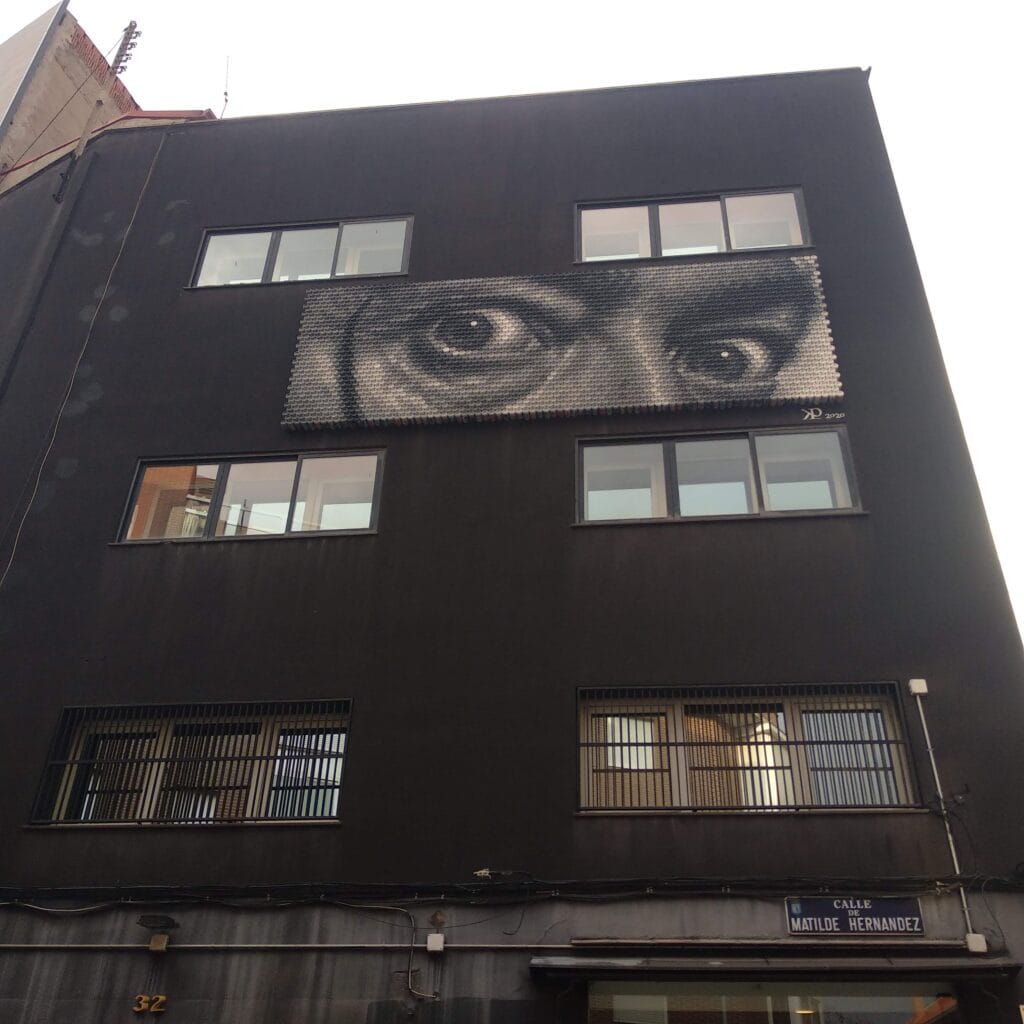
Favorite neighborhoods for different vibes:
- Carabanchel: A quieter area with a strong local community, where you can chat with the butcher or get to know your neighbors.
- Salesas/Chueca: Perfect if you love being in the heart of the action, with plenty of restaurants, bars, and cultural events.
- Conde Duque: An artistic corner just outside of Malasaña, offering a quieter, charming alternative with cultural hotspots like the Conde Duque Cultural Center.
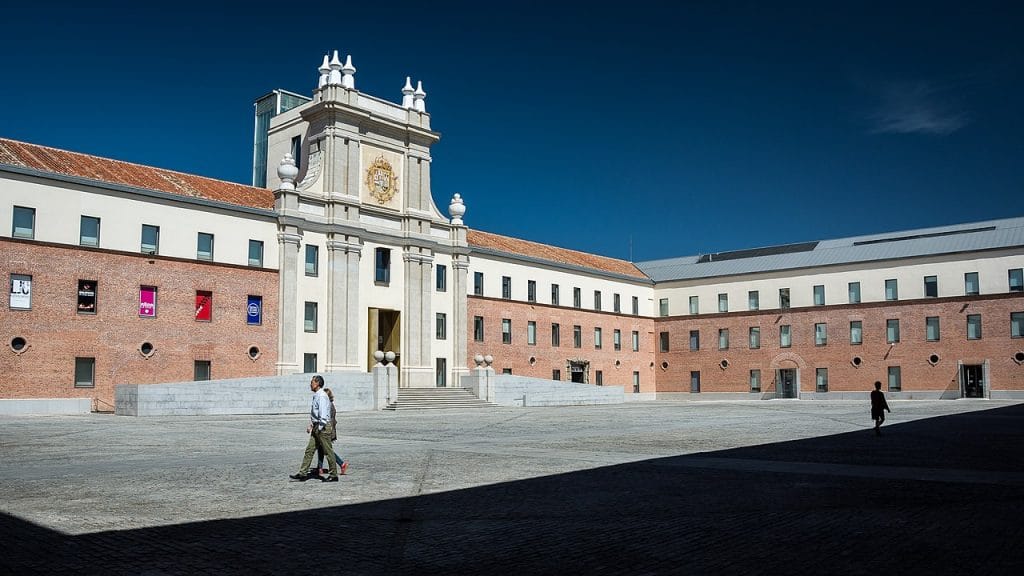
Adjusting to Life in Spain: Language, Culture, and More
Language was one of the first hurdles Joy faced, despite having Puerto Rican roots. “I wasn’t raised speaking Spanish, which is one of the reasons that I wanted to come here and finish learning Spanish,” she says. “So it’s just come from living here for all these years, working hard at learning it.” Her tip for newcomers is to embrace the city’s social culture, whether it’s through casual interactions at the local market or joining in on community events.

Choosing the Right Neighborhood for You
Madrid’s neighborhoods vary greatly in atmosphere and amenities, so here are a few things to consider:
- Proximity to Work or School: Living in the center can be convenient but costly, while areas like Carabanchel or Usera offer more affordable options.
- Social Scene: If nightlife and dining out are priorities, Chueca or Malasaña could be the right fit.
- Local Community: Many outer barrios still have a strong community feel, which can help you connect with locals and practice your Spanish.
If you’re new to Madrid, consider hiring Joy as a guide to help you find your feet.

